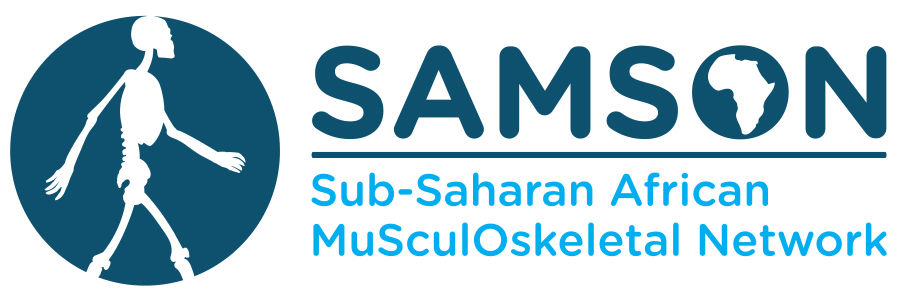Studies /
The Pregnancy Study Child Cohort
The PS-Child Study
The PS-Child cohort is a prospective growth cohort in children whose mothers received calcium supplementation from 20-weeks pregnancy to term (ISRCTN96502494). In the main trial, there were no effects of Ca supplementation on offspring birth weight, length, anthropometry, or, on whole body bone mineral content in a subset of infants. At 52-weeks there were again no supplement effects though there was evidence of slower growth in the calcium group. At age 8-12 years, and given our observations of the effects of pre-pubertal calcium supplementation on pubertal timing, we incepted a growth cohort in the offspring of these mothers.
Objective: The primary objective was to determine whether maternal calcium supplementation had lasting effects on offspring height growth and bone outcomes. The secondary objective was to determine the effects on body composition.
Methods: The initial trial ran from 1996-2000; four-hundred and forty-seven children of the initial cohort have been followed-up. The offspring have now been followed-up four times through late childhood, adolescence and early adulthood. Detailed measured of bone (dual energy X-ray absorptiometry, peripheral quantitative computed tomography), skeletal age, body composition (anthropometry and DXA), diet, bloods and urines have been taken at each timepoint. Data have been collected at ages 8-12y; 12-15y; 13-16y and 16-23y.
Research outputs: In 2017, we reported sex-differences in the growth of the offspring, where females whose mothers took calcium grew slower than those whose mothers took placebo. In contrast, boys whose mothers took calcium grew faster, and had greater mid-upper arm circumference and fat mass than boys whose mothers took placebo. These data give important insight into the long-term consequences of maternal supplementation of offspring growth and health. The second paper aimed to identify pathways through which maternal supplementation was acting; from an array of nutritional biomarkers and growth factors, the only observed differences were in IGF-1, where girls whose mothers took Ca supplementation has lower IGF-1 than those who didn’t. IGF-1 in Ca-mother boys was higher than in those whose mothers took placebo. The impact of these findings is to show that applying a ‘one size fits all’ approach to skeletal health and nutritional recommendations is not apporpiate.
